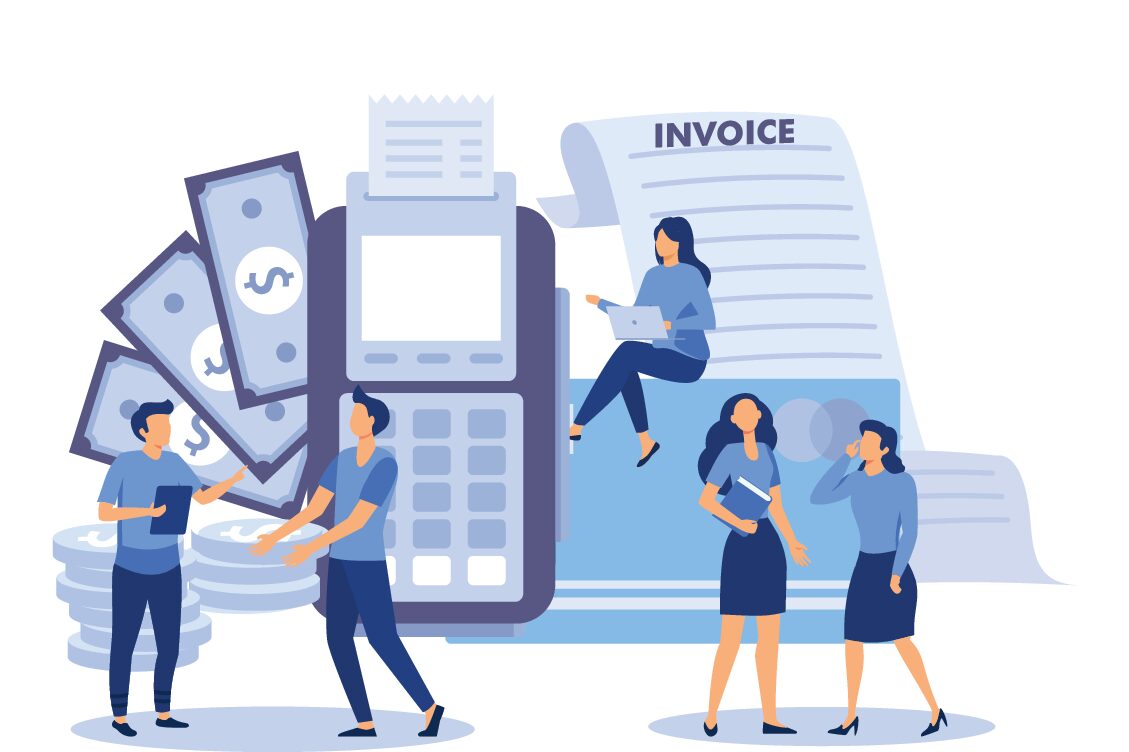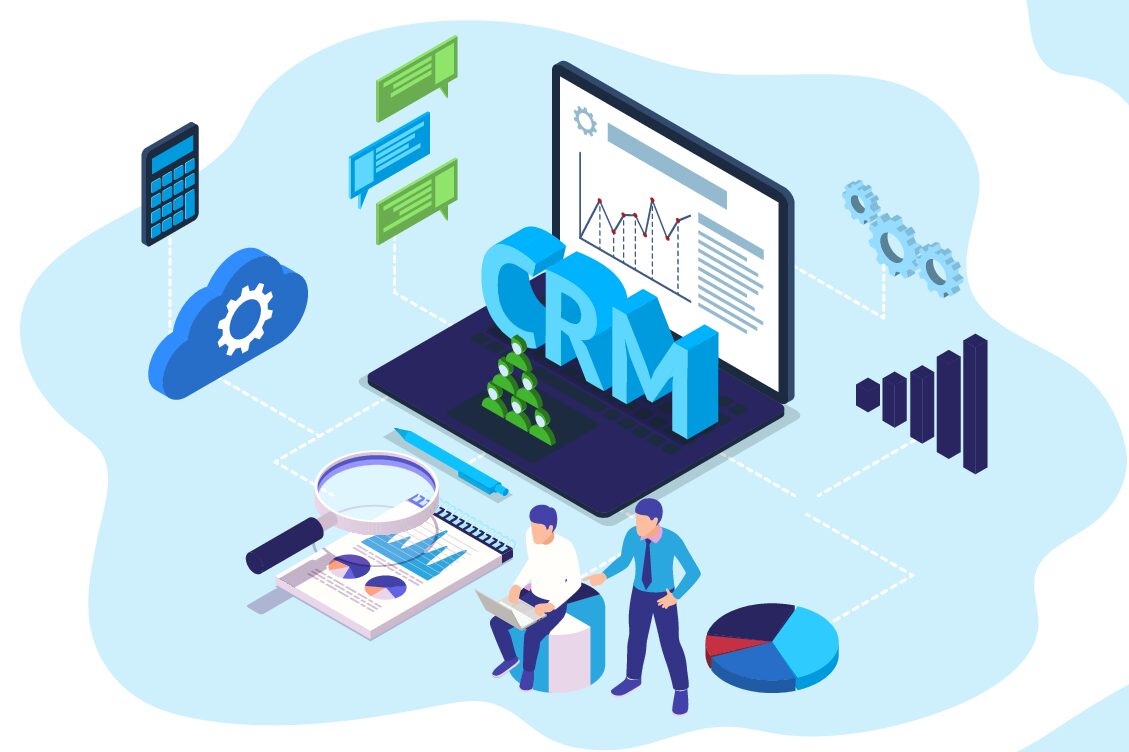Strengthening the Attorney/Client Alliance
When your firm takes on the task of representing a client, that person or entity’s interests are supposed to be the top priority. Your partners and associates search for ways to protect your clients from negative events and ensure that they are compensated adequately when wronged.
The attorney and client relationship is a special one, which is evident by the strict laws of confidentiality that exist in every state. So, how much sense does it make that this fiduciary relationship is compensated under a system that ultimately pits the attorney’s interests against the interests of his client?
This is the reality of hourly billing arrangements.
Your firm is asking its clients to enter an agreement where the more time their case takes, the more your practice can bill, resulting in vastly competing interests.
The client wants the firm to spend as little time as possible for a reduced billing amount, while the attorney wants to take as much time as legally and reasonably possible to increase the billing amount.
This is the reason why so many attorneys ironically find themselves in legal disputes with clients that they once represented against someone else. According to the Missouri Bar Association, unresolved legal disputes can hurt an attorney’s reputation, as well as the perception of the entire legal profession.
Benefits of Fixed Fee Billing
Legal project management (LPM) and fixed fee billing places the attorney client relationship back on track, strengthening the alliance, instead of weakening it. Here’s why:
- Upfront review of the case forces the attorney to take a real look at what is necessary – With LPM, you preview the matter to determine what tasks are required and how each of them fit into the ultimate goal of the case.
- Fees are based on relevant tasks – Once LPM preparation is completed, your firm can make knowledgeable decisions about the appropriate billing amount. With a detailed view of the matter, you can give the more consideration to the tasks that are most relevant to successfully concluding the case.
- Attorneys are incentivized to move the case along – The flat fee arrangement eliminates any incentive to work on lesser productive tasks. With a fixed fee, it is in the firm’s best interest to timely complete the matter and move on to additional cases. So, the tasks that actually advance the case receive the most attention.
- Clients are provided with detailed explanations of what to expect and the associated costs – With a combination of LPM and fixed fee billing, firm members can have substantive conversations with clients up front to explain the matter process and flat fee amount. This lessens back end surprises and helps to strengthen the client’s confidence in your firm.
As an attorney, you have a duty to advance your client’s interests. With flat fee billing, you can ensure that the firm is compensated appropriately without misaligning the interests of the practice with the interests of the client.
Benefits of Fixed Fee Billing
About Erika Winston:
Erika Winston is a Virginia based writer with a passion for all things legal. As a former domestic relations attorney, she understands the challenge of determining the best fee structure for your practice. Erika is a regular contributor to TimeSolv and a variety of other publications.


















